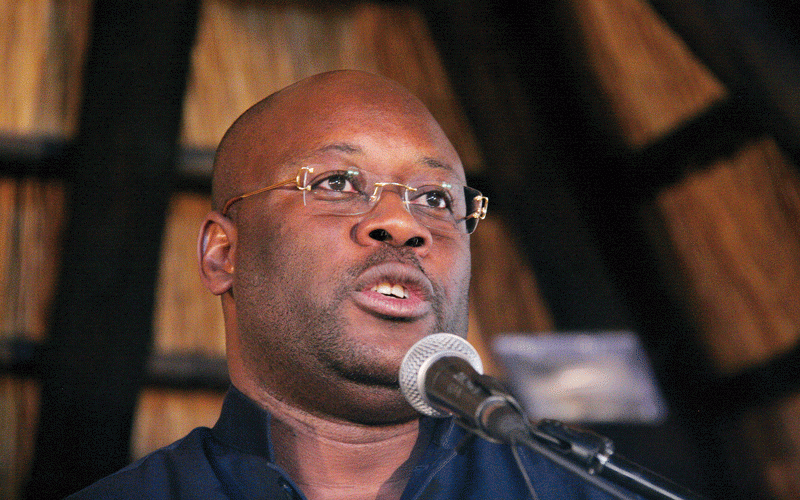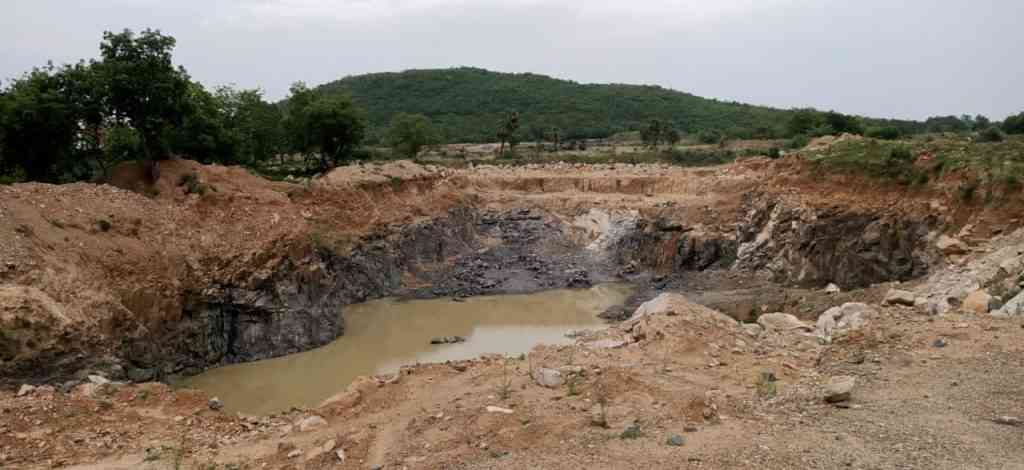
THE government is set to introduce sweeping reforms to enforce environmental compliance in the mining sector, including a landmark proposal that could see companies lose operating licences for environmental violations.
The move marks one of Zimbabwe’s toughest policy shifts in decades.
In an exclusive interview with NewsDay, Mines and Mining Development minister Winston Chitando said the forthcoming Responsible Mining Initiative Part 2, set to be launched soon, will introduce punitive measures targeting companies that fail to restore damaged land or operate outside environmental laws.
The initiative comes as the country faces mounting pressure to balance economic growth with environmental protection.
Mining accounts for more than 60% of Zimbabwe’s export earnings, led by gold, platinum and lithium. However, it has also been the source of deep social, and ecological scars, from polluted rivers in Penhalonga to abandoned open pits across the Midlands and Mashonaland provinces.
“The government takes the issue of the environment very, very seriously,” Chitando said. “This new phase will address head-on the issues relating to environmental damage, which will include loss of mining title.”
The announcement signals a potential turning point for Zimbabwe’s lucrative but controversial mining industry, which has been under growing scrutiny for widespread deforestation, toxic waste discharge and unsafe operations that have devastated communities, and ecosystems.
Chitando said the proposed policy was a continuation of the original Responsible Mining Initiative, which was designed to promote lawful, ethical, and sustainable mining practices.
- When minerals and farms collide: Finding a path for Zim’s land, mining disputes
- Mining firms to lose licences in new crackdown
Keep Reading
The second phase, however, moves beyond voluntary compliance, setting out binding enforcement mechanisms and clear penalties.
“At the moment, there is no provision for loss of mining title where operators or holders of mining concessions do not comply with environmental laws,” Chitando said. “This will change under Responsible Mining Part 2. Every operator must comply, no exception.”
The push for reform reflects growing frustration within government and the public over illegal and unregulated mining operations — some linked to politically-connected syndicates — which have caused deforestation, siltation and hazardous pollution.
Analysts say Chitando’s new framework could redefine how the country manages its natural resources, especially as it courts billions in new investment in its “critical minerals” sector.
Chitando hinted that the upcoming policy will introduce stronger oversight systems, improved coordination between the Environmental Management Agency and the Mines ministry, and mechanisms to ensure that mine closure and rehabilitation plans are implemented before extraction begins.
“The Responsible Mining Initiative Part 2 will outline not just penalties but also proactive measures to ensure environmental protection from the start of mining operations,” Chitando said.
The mining sector, though rich in potential, has struggled with inconsistent policy signals, currency instability and political risk.
But, government insiders argue that tough rules can improve investor confidence by bringing clarity and predictability to a sector often accused of operating in legal grey zones.
The initiative is also expected to align Zimbabwe with global environmental, social and governance standards — a prerequisite for attracting Western finance in an era of climate-conscious capital.
Communities near mining zones have long complained about neglect and lack of accountability.
In Penhalonga, for example, artisanal and corporate mining activities have turned once-clear rivers into toxic sludge, destroying crops and livelihoods.
Civil society groups have previously accused authorities of ignoring court rulings and allowing politically-connected miners to operate outside the law.
Chitando declined to disclose further details, saying the document will speak for itself once launched.
However, he emphasised that government's intention is unambiguous: no miner will operate above the law.
“Let’s wait for the launch of the Responsible Mining Initiative Part 2,” he said. “The government is very determined to ensure that no mining activity takes place if it is not compliant with environmental laws.”
The new framework could reshape the country’s reputation in global mining circles, from a frontier with loose regulation to people embracing sustainability.










